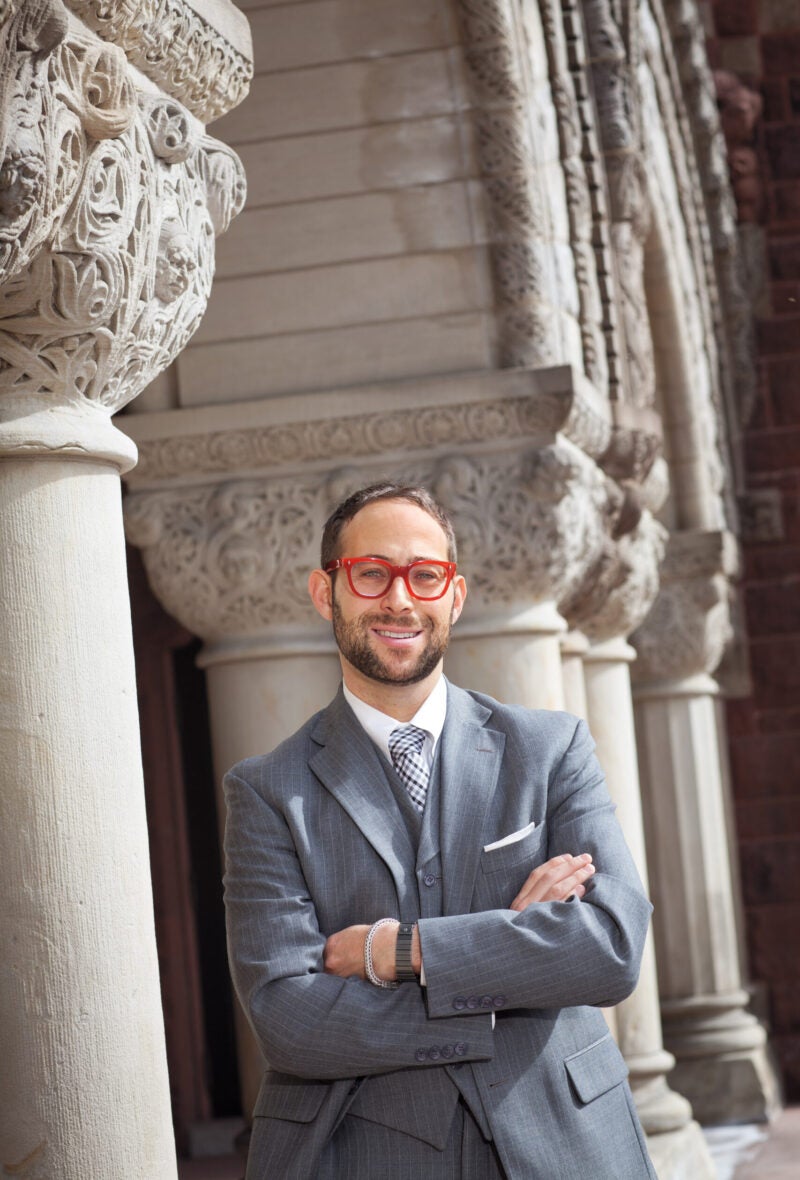On January 19, Harvard Law School Assistant Professor Glenn Cohen welcomed participants to the Multi-Regional Clinical Trials Industry Summit at Harvard. The two-day summit, hosted by Harvard Law School’s Petrie-Flom Center for Health Law Policy, Biotechnology, and Bioethics in cooperation with the Harvard Medical School Division of Medical Ethics, Harvard Office of Sponsored Research, Education Development, Inc., and Pfizer, Inc., is the second in a series of meetings aimed at enhancing standards and practices for ethically conducting biomedical multi-regional clinical trials, especially those that involve the developing world.
“The Petrie-Flom center is extremely excited to help organize this kind of dialogue between industry and academia,” said Cohen. “The best kind of bioethics scholarship that emerges in this area is one that is firmly grounded in the pragmatic realities faced by pharmaceutical companies and biotech in running clinical trials in the developing world. We were particularly excited because the event provided an opportunity for the industry to share ideas and policies across companies in the hope of developing some real best-practices in this area.”
On hand were high-level executives from pharmaceutical and biotech firms including Amgen, Genzyme, GlaxoSmithKline, Johnson and Johnson, Merck, Novartis, Pfizer, and Vertex; academics from schools including Harvard, Duke, Toronto, Tufts, Penn, John Hopkins; foreign experts from Brazil, India, Malaui, the U.K., and the Czech Republic; and representatives of many government and private-public partnerships, including the National Institutes of Health and the Gates Foundation.
The main purpose of the meeting was to review proposals from five working groups and chart the path forward. The five working groups presented recommendations relating to: Quality and Efficiency of Ethics Review, Data and Safety Monitoring, Site Selection & Investigator Team and Expertise, Professionalism of Monitors, and Model Contract Provisions.
Co-director of the Petrie-Flom Center, Cohen joined the Center as an “inaugural” academic fellow in 2006. He was appointed as an assistant professor in 2008.
